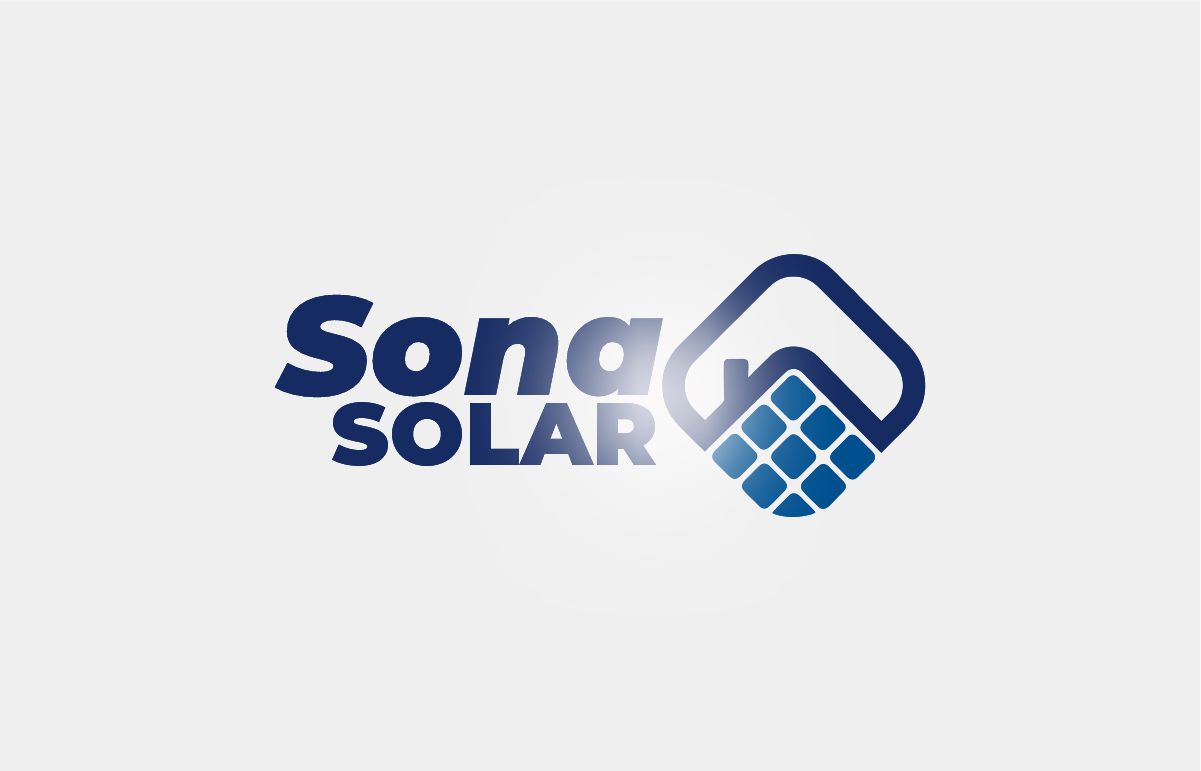How Many 48V Batteries for a 5000W Inverter? A Guide for Zimbabweans
In a country where a consistent electricity supply is a daily challenge, solar power has become essential. A crucial question for anyone building a robust system is: "How many 48V batteries do I need for a 5000W inverter?" This guide breaks down the calculations and key factors to help you build an efficient and reliable solar solution.

Understanding the Components
An inverter is the heart of your solar system. It converts the Direct Current (DC) power from your solar panels and batteries into Alternating Current (AC) power that your appliances use. A 5000W (or 5kW) inverter can handle a total load of up to 5000 watts at any given moment, making it suitable for powering multiple high-demand appliances in a home or business.
Voltage (V): A 48V system is ideal for larger solar installations like those using a 5000W inverter, as higher voltages are more efficient at handling larger power loads.
Capacity (Ah): Measured in Amp-Hours, this determines how much energy a battery can store. A typical 48V, 100Ah lithium battery stores 4.8 kilowatt-hours (kWh) of energy (48V x 100Ah = 4800Wh).
Calculating Your Battery Needs
First, calculate the total energy (in Watt-hours) you need. This depends on what you want to power and for how long. For example, to run a 5000W load for 5 hours:
5000 Watts x 5 Hours = 25,000 Wh (or 25 kWh)To preserve battery life, you should not drain them completely. Modern lithium batteries have a Depth of Discharge (DoD) of about 80%. This means you need a larger battery bank to get the usable energy you require.
Required Energy (25,000 Wh) / 0.80 (DoD) = 31,250 WhFinally, divide your total energy need by the capacity of a single battery. Using a standard 48V 100Ah (4800 Wh) battery:
Total Need (31,250 Wh) / Battery Capacity (4800 Wh) = 6.51 BatteriesSince you can't buy a fraction of a battery, you would need to round up. In this scenario, 7 batteries are required.
Other Key Factors to Consider
- Battery Type: Lithium-ion batteries are more efficient and have a longer lifespan than lead-acid batteries, affecting long-term value.
- Inverter Efficiency: Inverters lose some power during conversion (typically 5-15%). Factor this in for precise calculations.
- Backup Duration: If you need power for longer periods, especially during cloudy days in Zimbabwe's rainy season, you will need a larger battery bank.
- Load Profile: Your actual usage will vary. An energy audit of your appliances will provide a more accurate picture than assuming a constant 5000W load.
Frequently Asked Questions
It depends on your desired backup time. For 5 hours of backup at full load, you would need approximately 7 x 48V 100Ah batteries. For lighter loads or shorter times, you would need fewer.
It is highly recommended. In Zimbabwe, reduced sunlight during the rainy season means your panels generate less power. A larger battery bank ensures you have enough stored energy to last through overcast days.
Slightly oversizing your battery bank is a good practice. It reduces strain on the batteries, can extend their lifespan, and provides a buffer for days with low solar generation or higher-than-usual energy consumption.
Properly sizing a solar system is crucial. At Sona Solar Zimbabwe, our team can help you design a system tailored to your specific needs. Contact us for a free consultation and a quote to start your journey toward energy independence.
Common Questions and Popular Searches
Explore Answers To Frequent Questions And Discover Resources For Your Solar Journey:
1kVA Inverter Load Guide
Load guide for small households.
2kVA System Load Capacity
Powering essentials in medium homes.
3kVA System Panel Count
Understand solar array sizing.
3kVA Inverter Load Guide
Appliance guide for a typical household.
Best 3kVA Inverter Brand
Compare reliability and warranties.
3kVA Appliance Load Guide
Understand simultaneous load capacity.
3kVA Powering Motor Loads
Guidance on handling motor loads.
Choosing the Right Inverter
Matching inverters to your specific load.
Match Panels to Inverter
Tips for optimal system performance.
3.5kVA Inverter Load Guide
Explore residential setup capabilities.
Best Solar Panels Zimbabwe
Analysis of performance and durability.
Solar Companies Zimbabwe
Customer service and reliability.
Best Solar Panel Brands
Guide for home and business solutions.
Solar Installers Zimbabwe
Professional and certified installers.
3kVA System Cost Guide
Get pricing information for Zimbabwe.
5kVA System Cost Guide
Budget requirements for systems.
Contact Our Sales Team:

Sona Solar Zimbabwe
Address:
7 Frank Johnson Avenue, Eastlea, Harare, Zimbabwe.
Call/WhatsApp:
Sales:
+263 78 293 3586
Sales:
+263 78 922 2847
Operations:
+263 78 864 2437
Email:
sonasolarzw@gmail.com
Website:
www.sonasolar.co.zw

Borehole Experts Zimbabwe
Address:
7 Frank Johnson Avenue, Eastlea, Harare, Zimbabwe.
Call/WhatsApp:
Sales:
+263 77 389 8979
Sales:
+263 71 500 3777
Operations:
+263 71 918 7878
Email:
boreholeexpertszw@gmail.com
Website:
www.boreholeexperts.co.zw

Follow Our Social Media Icons
TikTok Pinterest YouTube Telegram WhatsApp